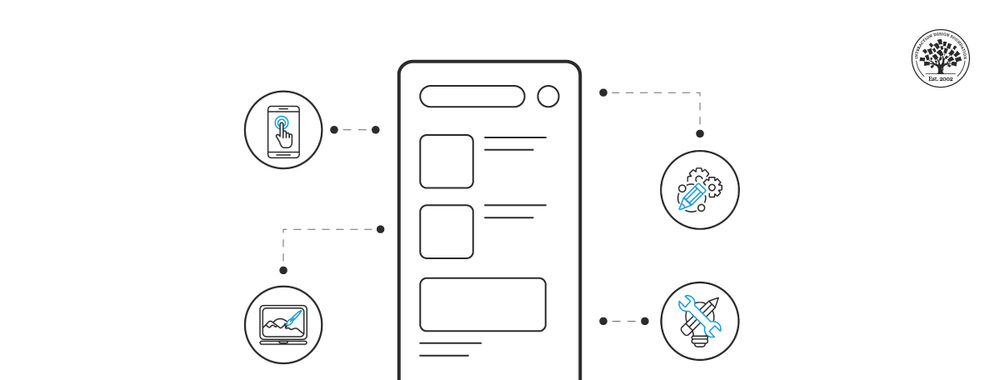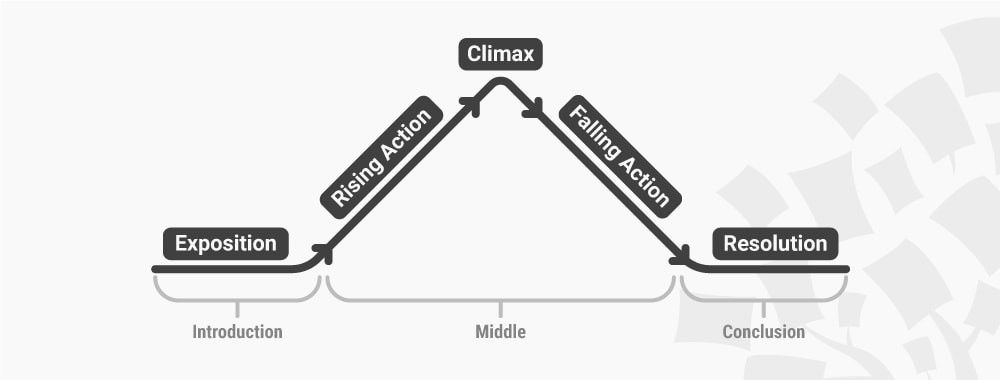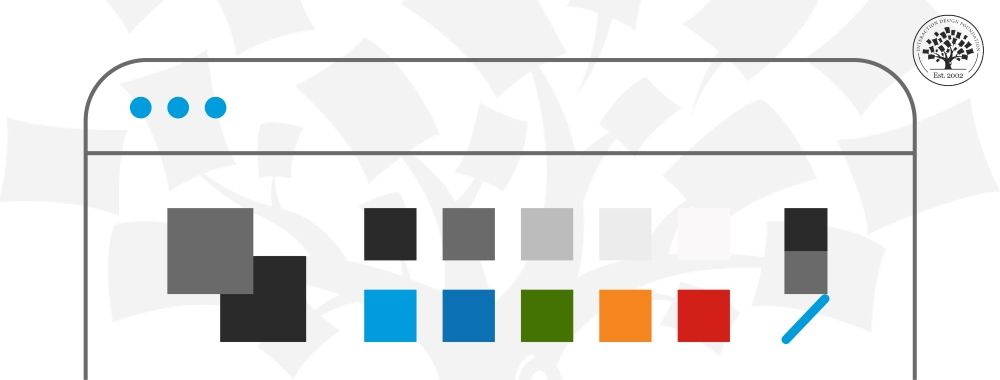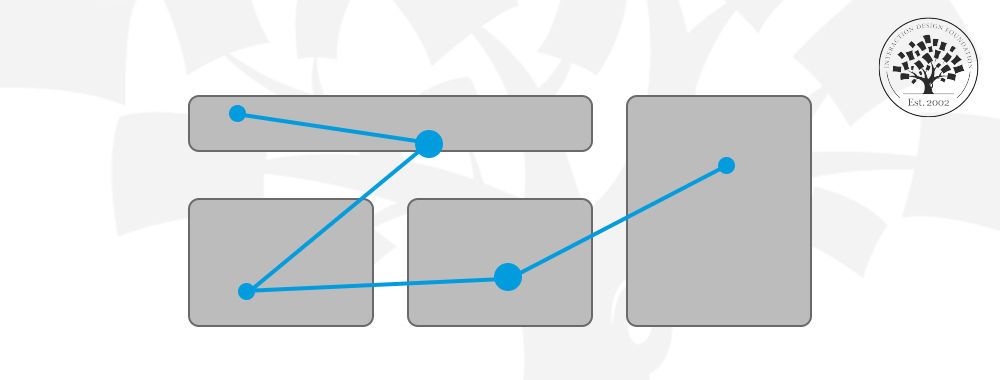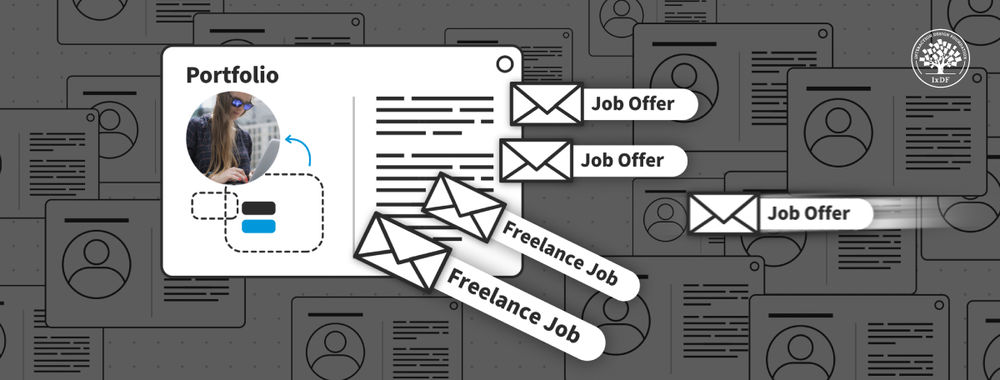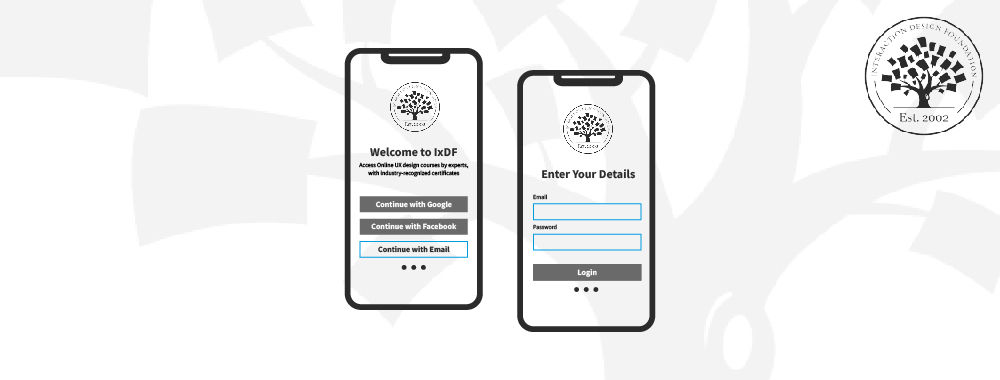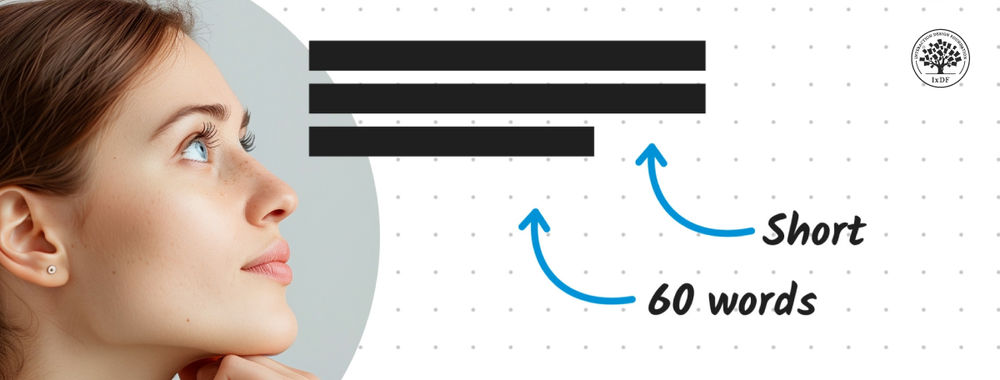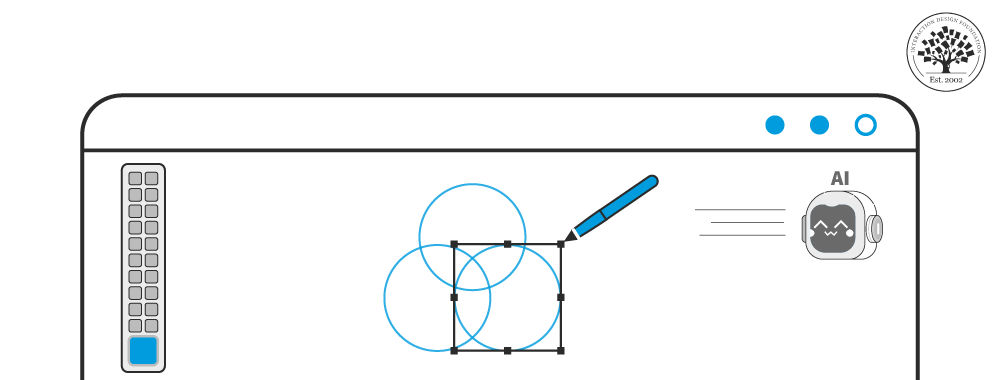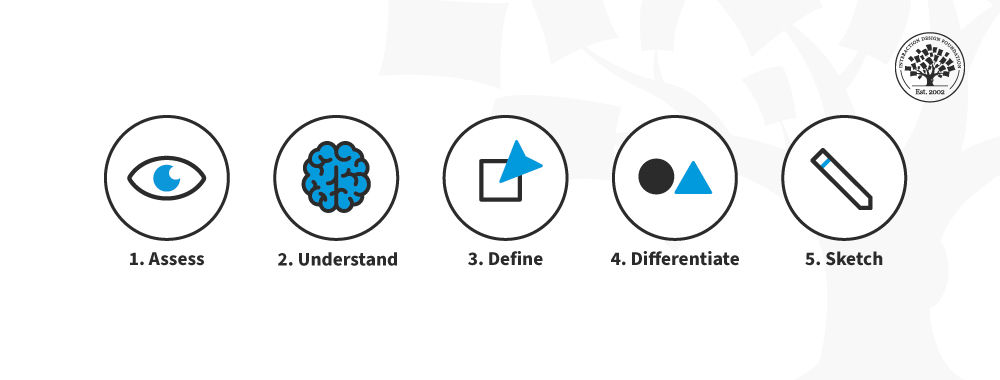It’s fair to say that without advertising there’d be very little variety in products and most products wouldn’t sell as much as they do now. The question is when does advertising become unethical and thus start to impinge on the user experience?
The Blindingly Obvious

Author/Copyright holder: Aaron Brady. Copyright terms and licence: CC BY 2.0
It should be pretty clear that:
- Straight up lying to your customers is a bad idea. For example; “this product is guaranteed to help you win the supermodel of your dreams as a life partner.”
- Bait and switch sucks. If someone wants a Canon camera, you sell them one and then send out a Cunon camera (a cheap copy of an actual Canon) that your buyers won’t be happy.
Companies that resort to this kind of tactic pretty much shouldn’t be in business at all. There’s no helping a business that thinks lying or cheating is a good idea.
The Much Less Obvious

Author/Copyright holder: Milos Milosevic. Copyright terms and licence: CC BY 2.0
Yet, there are other ways to destroy the user experience of your brand and products which are far less clear:
- The advertorial. It’s probably fair to say that most of us are sick of this kind of advert. It purports to be an informational in depth review of a product and then in tiny letters somewhere; it informs us that it’s a paid piece. It’s not so much genuine information as the manufacturer’s ideal review. If you must use advertorials at least make it clear up front that’s what it is.
- Pay for comments. Sony have been caught doing this as have other brands over the years. If you want people to stand up and say how great a product is; please get real people to do it. They should be actual users of your product and they shouldn’t be on your payroll. As long as something’s not actually harmful to use – this shouldn’t be too hard to achieve. When you use paid commentators; you taint the trust between your users and your products.
- Kick through advertising. This seems to have disappeared for the moment but it’s pretty clear that when someone’s mouse cursor passes over an advert they don’t want to see the content at the end of the link unless they click on it. This is also true of IntelliTXT advertising which downright sucks.
- Pop Ups and Pop Unders. Everyone hates them and it doesn’t matter how much of an initial boost to conversion figures they bring to your website; in the long run people will avoid you for it. People expect to consent to advertising not have it forced on them. It’s also worth noting that ad-block plugins for browsers are becoming more and more prevalent and that your sneaky adverts are much less likely to be seen than ever before too.
- Fake dialogue boxes. This should be included with straight up lying. Every time you mislead a potential customer into coming to your website; an angel loses his wings. It doesn’t get any poorer for the user experience than this.
Summary
Advertising is perfectly ethical but some advertising techniques are not. If you want to keep your customers for the long-term then you want to make sure that advertising adds to and does not detract from the user experience.
Header Image: Author/Copyright Holder: Dorian Taylor. Copyright terms and licence: All rights reserved Img Source


